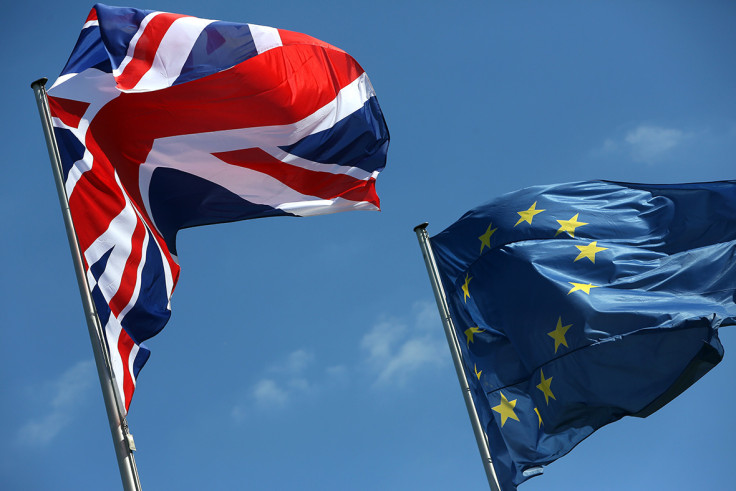Leavers won't be bullied out of a Brexit by Remainers or Eurocrats
Two thirds of the officials and MEPs I talk to in Brussels believe that the decision will somehow be reversed.

Britain voted Leave because the EU didn't return any powers during the renegotiation. It really is that simple. The polls were finely balanced when a binary in-out choice was presented; but people overwhelmingly said that they favoured staying in if a looser relationship could be agreed.
Even now, a lot of people don't understand this, or at least affect not to understand it. Some Leavers claim the result as a mandate for whatever arrangement they happened to want. Some Remainers are more interested in name-calling than in analysis.
For what it's worth, though, the people in charge of the renegotiation are in no doubt. David Cameron's chief aides, Mats Persson and Daniel Korski, have written excellent articles since the vote in which they make clear that, had EU leaders shown more flexibility, the result would have been different. Both now concede that David Cameron made a mistake when he decided to ask Brussels only for things he thought he could get.
Having set the bar low, the PM found that the other states naturally aimed to lower it further. According to Tim Shipman's gripping account of the referendum, David Cameron was in such despair at the final summit that he texted his pollster saying "Even I feel like leaving the EU". (Note the "even": among his confidants, the Tory leader never pretended to be a Eurosceptic.)
Imagine, for the sake of argument, that David Cameron had walked away from the talks, instructed his government to prepare for Brexit, but said that a final decision would not be taken until the end of 2017. Is it not at least possible that the EU would have made a better offer?
But no one in Brussels saw a Leave vote as remotely possible – partly because permanence is the illusion of every age, and partly because British officials kept assuring them that there was no danger. Indeed, Jean-Claude Juncker unhelpfully blurted out that David Cameron had privately told him that he would use the referendum to "dock" Britain permanently in the EU.
Even now, a surprising number of Eurocrats still refuse to accept what has happened. Two thirds of the officials and MEPs I talk to in Brussels believe that the decision will somehow be reversed. I realise how bizarre that sounds from a British perspective, but look at it from their point of view. Eurosceptic referendums have been overturned in Denmark (twice), France, the Netherlands and Ireland (twice).
Luckily, from a Leave point of view, most Eurocrats think that the best way to change British voters' minds is through bullying. Hence the occasional talk we get about having to pay a price for leaving. It's a serious misreading of our character: threats make us more resolute. The natural reaction to talk of being punished is to say: "If the EU needs to threaten countries to stop them from leaving, then it's not a club at all, it's a protection racket."
Eurocrats are tetchy because they know that, had they been a bit more flexible at the beginning of the year, things would have worked out differently. We are rarely so cross as when we secretly know that we're to blame for something.
By "a bit more flexible", I don't mean offering an emergency brake on immigration: that would simply have inflamed the issue more. I mean some meaningful return of jurisdiction. Something that would have allowed David Cameron to come back and say: "Look: I've set the precedent. Power can come back to Britain rather than always going to Brussels. Let's build on that, opting out of the bits that don't suit us while staying in the common market".
Perhaps it was all a massive error, a series of diplomatic blunders like those that led to the First World War. Or perhaps the EU has simply reached the point where it cannot reform itself. Either way, the response from British voters was precisely what you'd expect: "If this is how they treat us now, before we vote, imagine how we'd be treated the day after voting to remain".
There is still a market-plus deal to be done, one which allows us to repatriate powers while remaining part of the European free trade area. In my book What Next, published today, I set out how to achieve it, in a phased and cordial way. But it is now clear that such a deal will have to be from the outside. Let's get on with it.
What Next by Daniel Hannan is published today by Head of Zeus (£7.99)
© Copyright IBTimes 2025. All rights reserved.





















